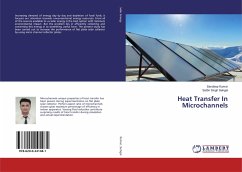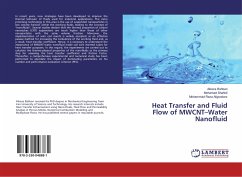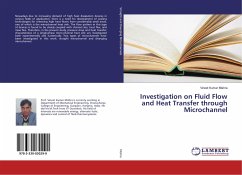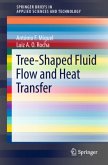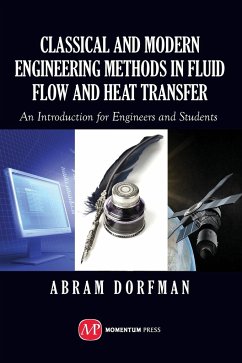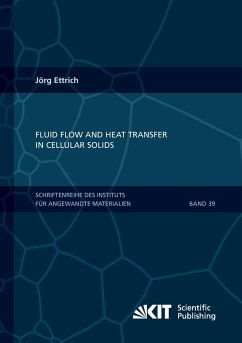The use of microchannels in order to cool modern high speed electronic circuits is one of the techniques frequently adopted in current practice. A burst of publications in this area has been observed in the last decade. However, modeling of fluid flow and heat transfer in microchannels is still an open problem. In fact, many deviations have been experimentally observed between well established correlations used for conventional normally sized channels and the behavior of microchannels. Observed experimental deviations is listed, followed by a critical review of different hypotheses advanced in the literature to explain them. One of these hypotheses is thoroughly studied in order to build a model that explains both the orders of magnitudes and the trends of observed phenomena. In this work, detailed analysis of fluid flow and heat transfer over three subsequent roughness elements is made. Incompressible unsteady state continuity, Navier-Stokes, and energy equations are solved using the finite element method and assuming that the fluid flow is two-dimensional for simplicity. The effect of roughness on the flow and heat transfer is studied in details for different Reynolds numbers.
Bitte wählen Sie Ihr Anliegen aus.
Rechnungen
Retourenschein anfordern
Bestellstatus
Storno


